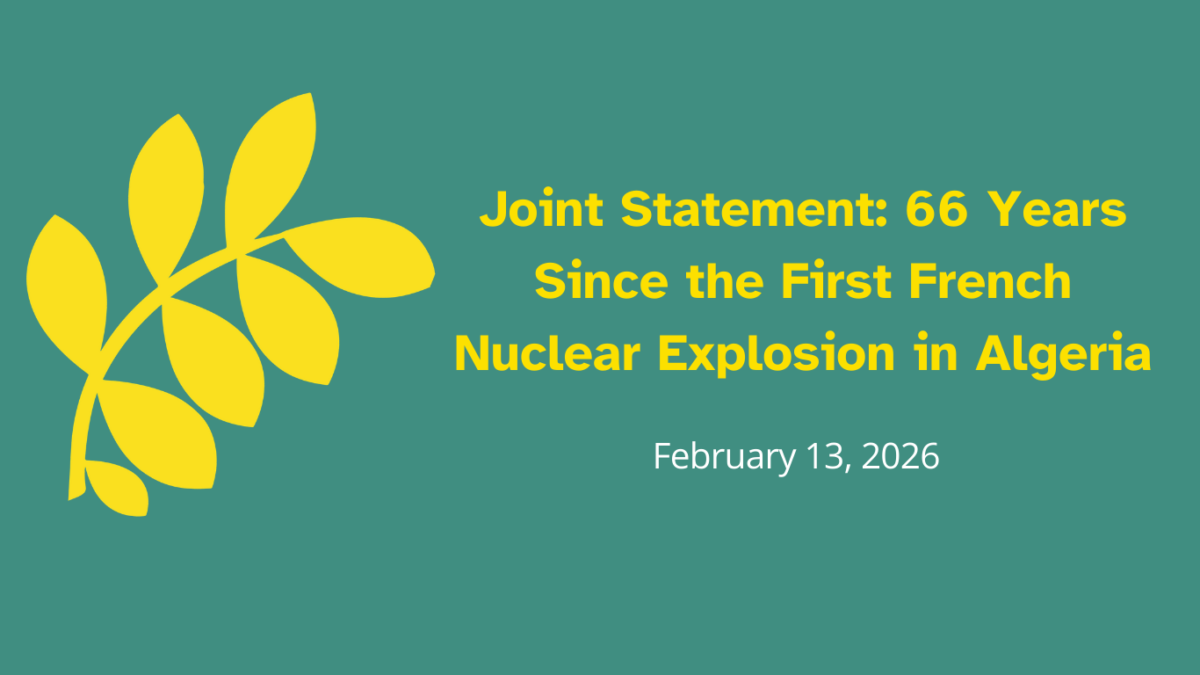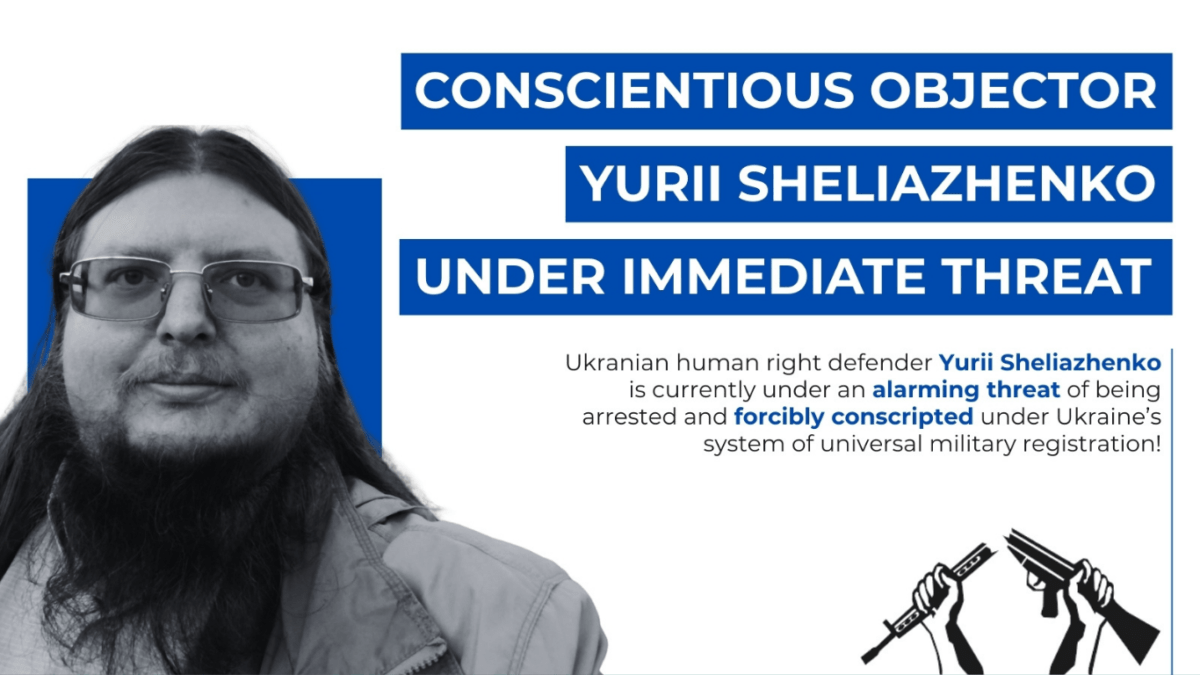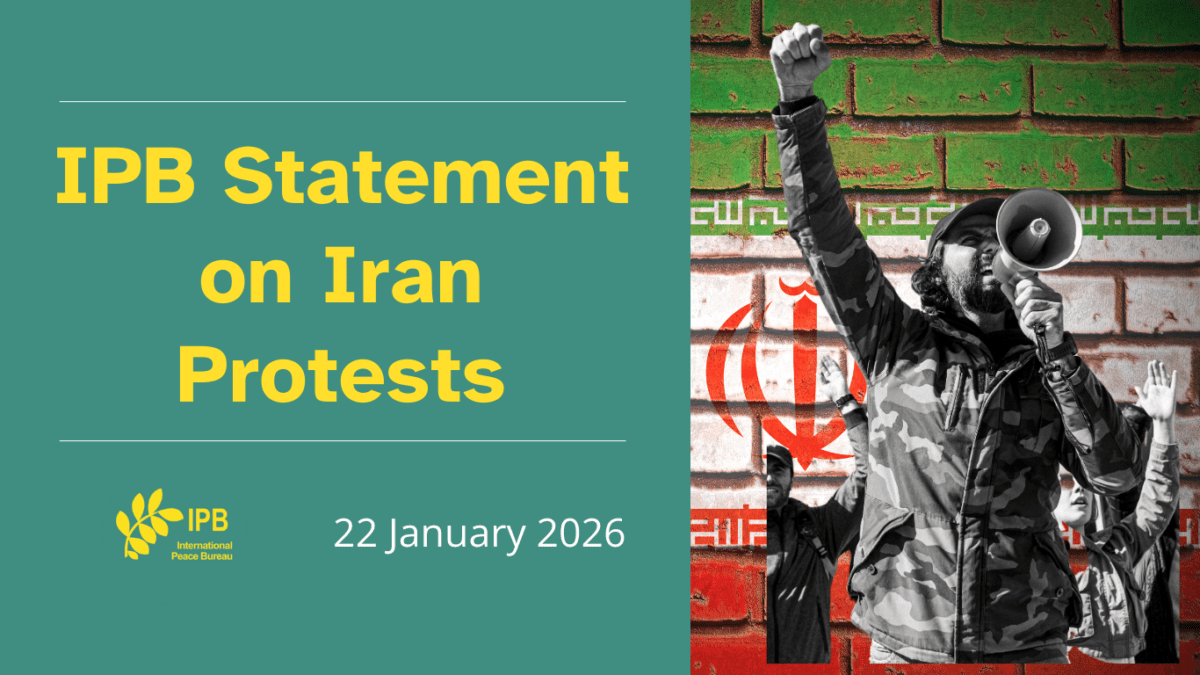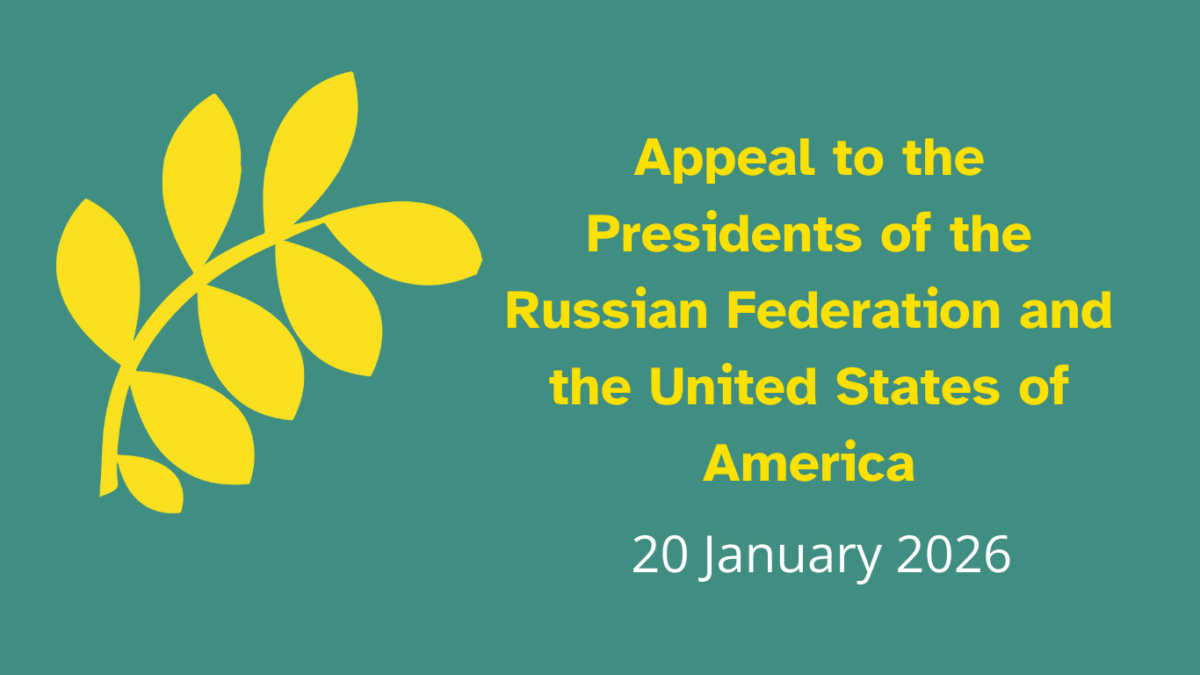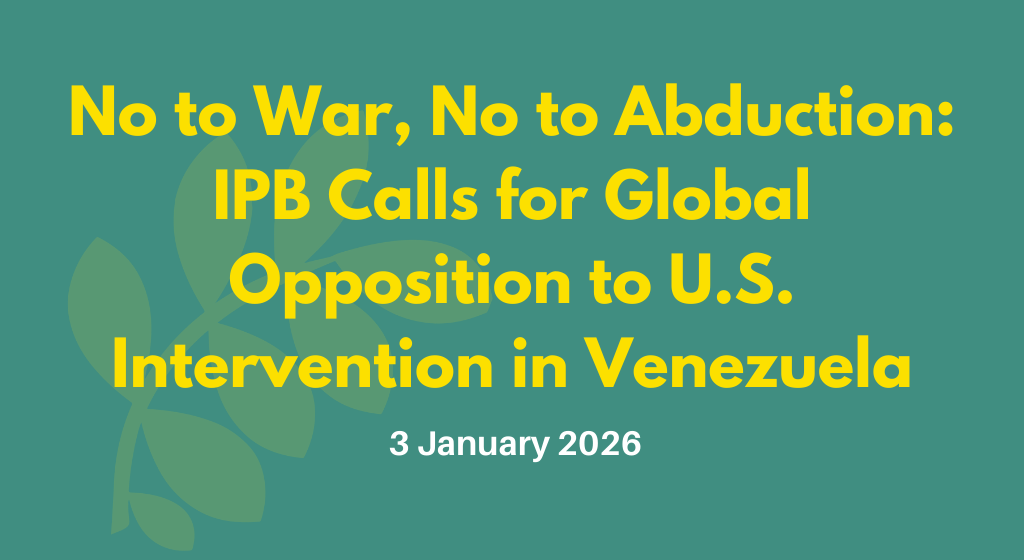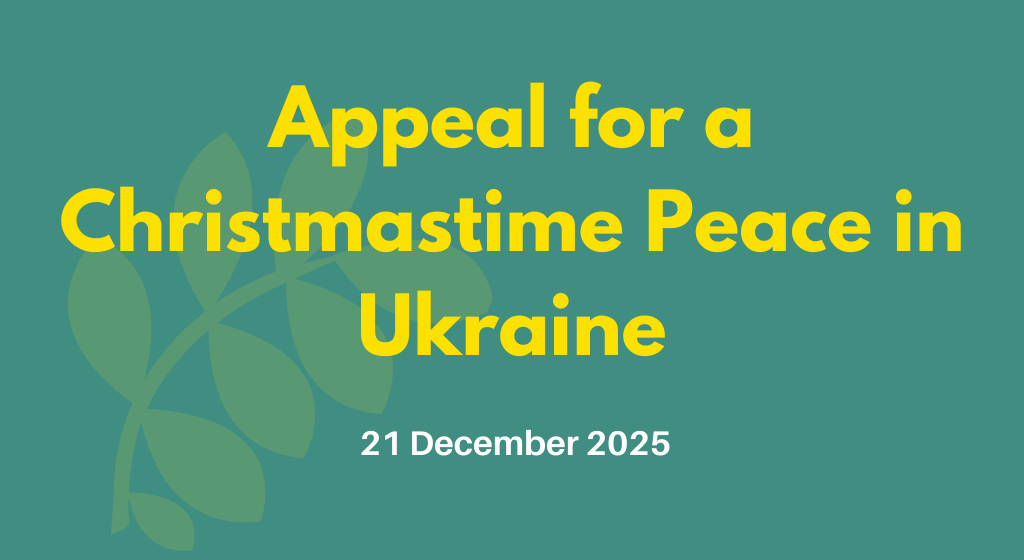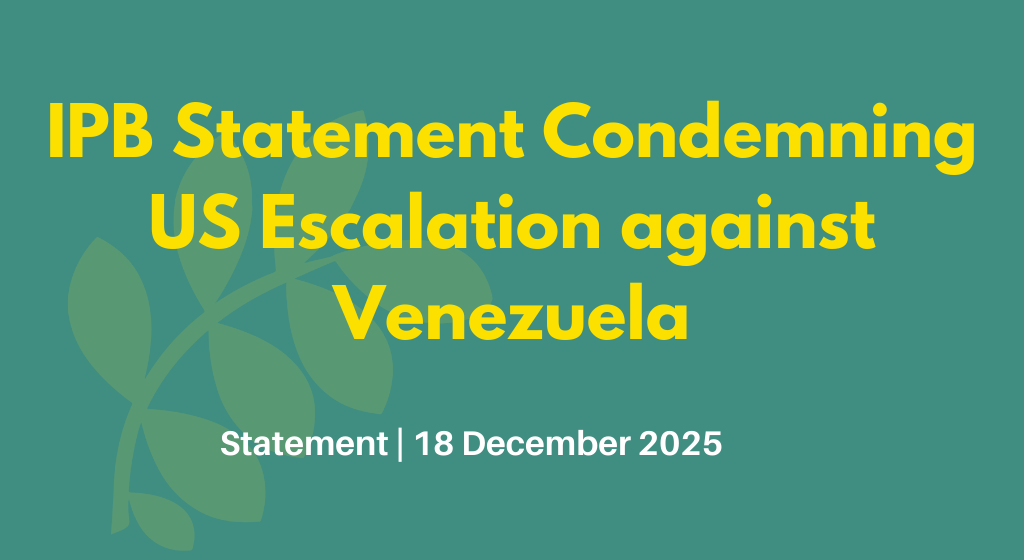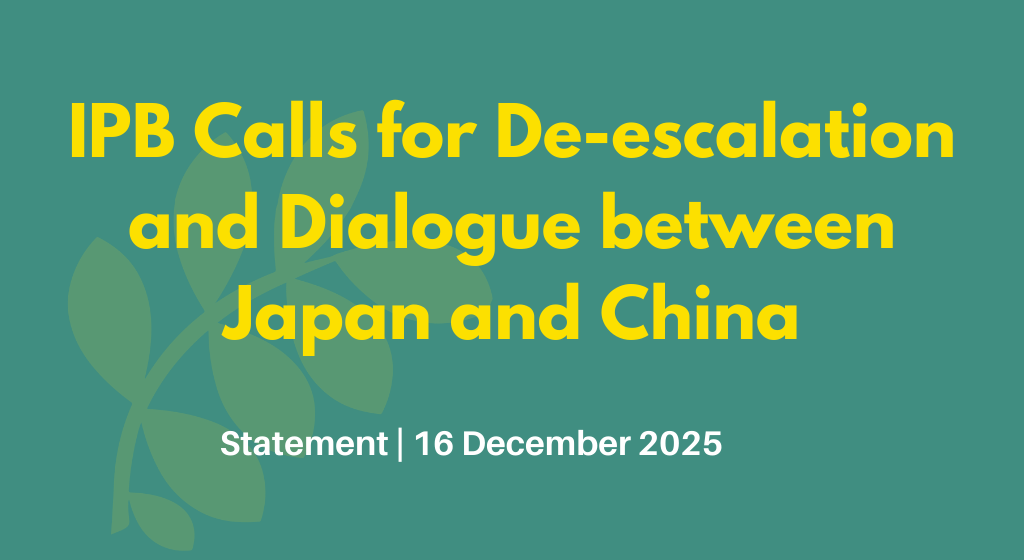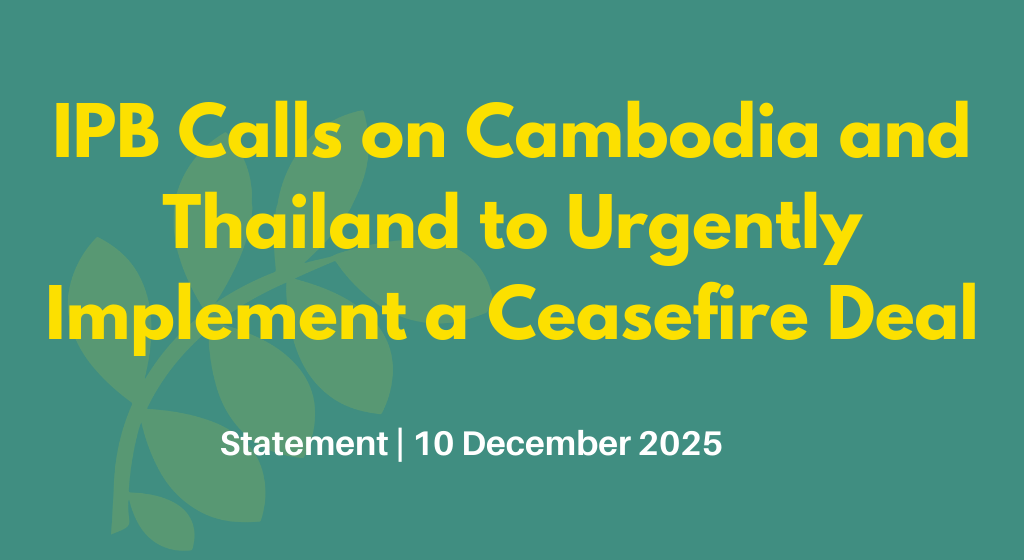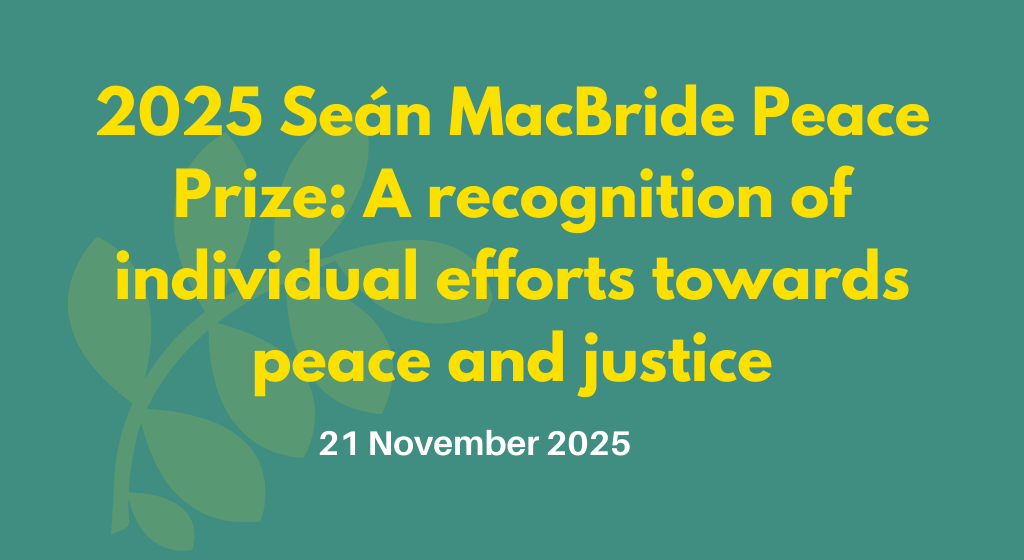JOINT PRESS RELEASE | 23 January 2026
The undersigned organizations express serious concern regarding the continued persecution of Ukrainian human rights defender Yurii Sheliazhenko, a conscientious objector to military service. He is currently under an alarming threat of being arrested and forcibly conscripted under Ukraine’s system of universal military registration, which is enforced through coercive measures including arbitrary detentions and forced transfers to conscription offices. Such practices effectively compel conscientious objectors to act against their beliefs and directly violate Article 18(2) of the ICCPR, which prohibits coercion impairing freedom of thought, conscience and religion.
In answer to his appeals against the summon recently received at Christmas time, Yurii Sheliazhenko was sent a communication from a number of authorities, all stating in writing that there is not recognition of conscientious objection to military service in Ukraine in times of war. The Secretariat of the Parliamentary Commissioner for Human Rights Dmytro Lubinets replied to a related complaint, “mobilization by the State of Ukraine is the only necessary and urgent measure to prevent aggression by another state, during which the possibility of alternative service is excluded (since mobilization itself is aimed not simply at performing military service, but at protecting the Motherland from military invasion by another state). At the same time, the current legislation provides for the liability of persons guilty of violating the legislation on military duty and military service.”
Continue reading “Yurii Sheliazhenko*, Conscientious Objector to Military Service and Human Rights Defender, under Immediate Threat”

